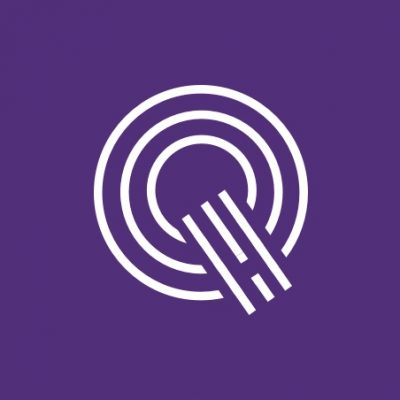Teams across Newcastle Hospitals can access a range of learning opportunities from Newcastle Improvement to help make the changes that matter to them, including:
E-learning Module
The Newcastle Improvement team have developed an eLearning package to introduce staff to QI. It is open to all staff and can be accessed anytime that is convenient for you. An Introduction to QI aims to:
- Introduce you to QI, explain what it is and what it means in a healthcare setting
- Explore why QI is so important for the NHS and our own Trust – how it can improve patient outcomes, staff experience and wellbeing, tackle health inequalities and improve environmental sustainability
- Explain our Newcastle Improvement Approach to QI (our ‘how to’) and how the Model for Improvement can help you and your team develop and test change ideas
- Share examples of improvement stories from teams within our Trust
Duration: 45-60 minutes (no requirement to pass a test)
To access the eLearning: Please login to Learning Lab > search for ‘Introduction to Quality Improvement (QI)’ > click and play
QI Essentials
Are you interested in learning more about quality improvement? Do you have a project or a change idea and don’t know where to start? Do you want to improve your knowledge of how to be successful with quality improvement projects? Register for our full day training course ‘Quality Improvement Essentials’ (previously known as Bitesize).
During the training you will learn the following:
- Building your project team using stakeholder analysis and overcoming barriers to change
- Using QI tools to understand how we work now before making a change
- Planning and testing change using the Model for Improvement
- How to collect and analyse data for improvement
- Tools you can use to sustain an improvement
Register your interest via. Learning Lab.
Improvement Programme for Teams (IPT)
The quality improvement (QI) programme is for teams who wish to improve an aspect of work using improvement science to demonstrate better results. Each team will develop their improvement knowledge and skills and apply these to a project that is a priority for their own service/department and the Trust. Small multi-disciplinary teams (3-8 members per team) attend training together and work to deliver their improvement project over the course of the programme.
Register your interest by emailing: [email protected]
Please note this programme is available for Newcastle Hospitals staff only.
Improvement Coach Programme (ICP)
The Improvement Coach Programme is a professional development programme for individuals. It consists of 6 full day face-to-face workshops, approximately 40 hours of direct learning over 7 months. The Improvement Coach Programme will prepare coaches for practical work with quality improvement project teams and incorporate the following tools all taught through a coaching lens.
Register your interest by emailing: [email protected]
Please note this programme is available for Newcastle Hospitals staff only.
My Qi Coaching Journey